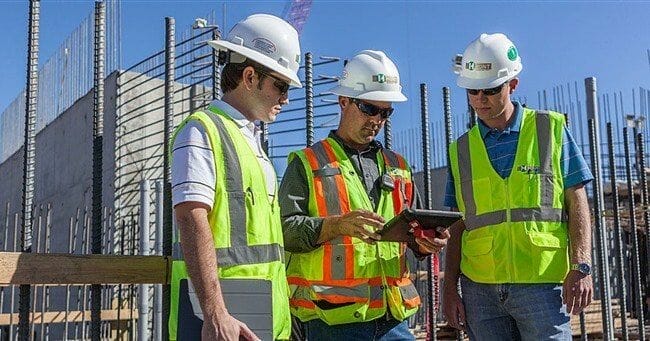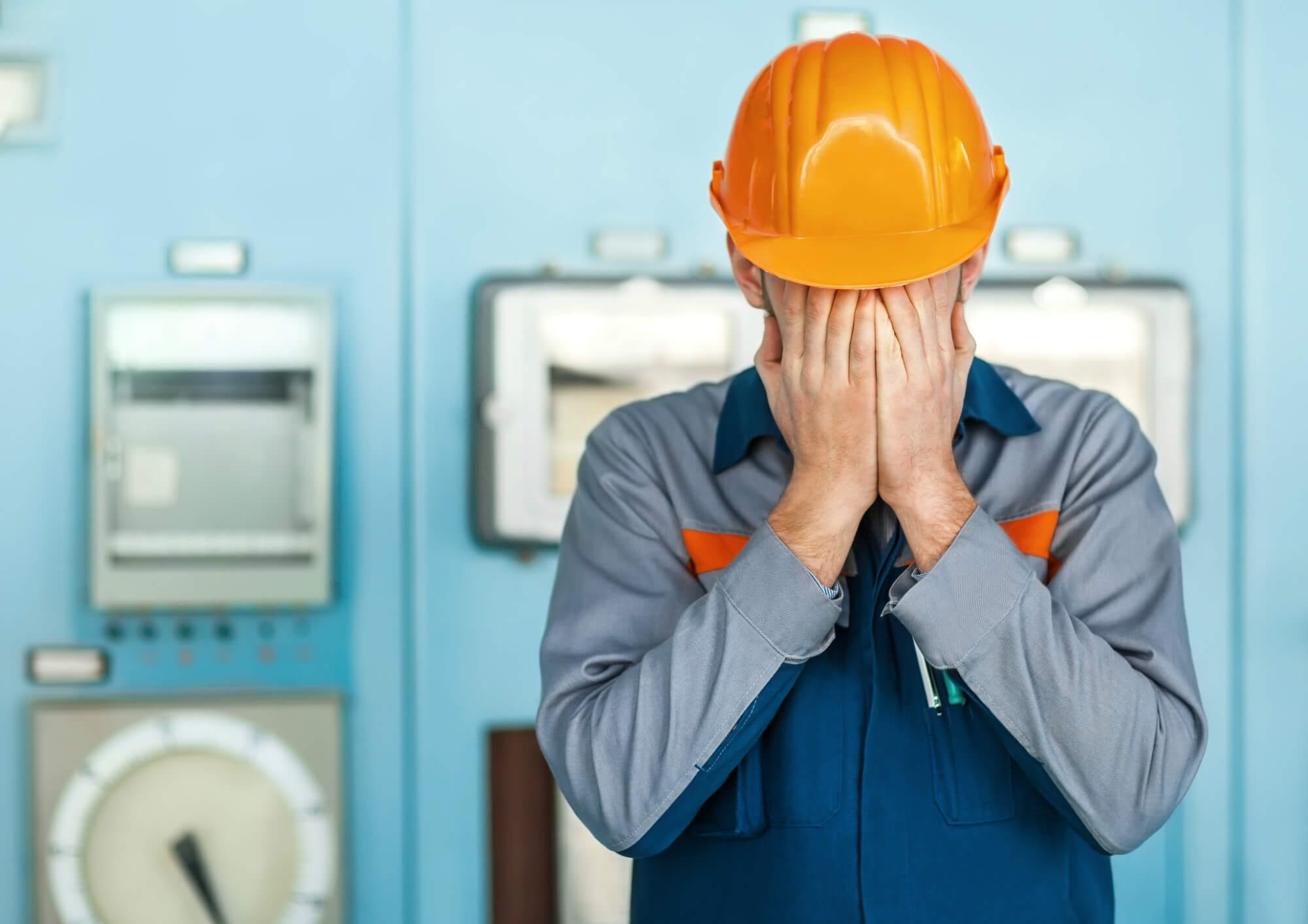
Soure: Self
Procrastination is usually seen as a bad habit. It’s oftentimes seen as lazy, and the quality of work made due to it is usually poor. There will be times, at work or in school–no matter how hard you try to manage everything perfectly–you will have no choice but to procrastinate. We came up with these tips so if ever you are faced with this dilemma, you’ll know what to do.
But amidst all of this, is there actually efficiency in procrastination? I say yes! Now, before you start raising your eyebrows at me, let me explain myself.
First of all, procrastination gives us a sense of pressure, and sometimes, it can be the good kind of pressure. Often times, people feel a rush of adrenaline when they’re rushing their projects. Hence, they can get their brightest ideas and do their work at a faster pace than when taking your time.

Source: Writing About Writing
Second, if you selectively and strategically choose which tasks to procrastinate, some of the projects/work to be done will get solved on their own. Think of it as prioritizing the things you have to do: Give time and do the most important things that you absolutely have to do and must take part in first, and push the less important ones below the priority list and procrastinate them for last. You’ll be surprised that some “urgent” projects might get solved on their own, without needing your assistance. In a work setting, your employees might ask you help them finish a task that they do not fully know how to solve, but if you but that request in the backburner for a few minutes or hours, the employee might eventually solve it on their own. You can just directly told them to try to work on it themselves first and that you’ll get back to you later if they can’t. This will give you more time to finish the top of your priority list, and it will also help your employee’s creativity and problem solving skills improve.
And lastly, the tasks you have to do sometimes synergize/coincide with one another, in this case it would be great to procrastinate one of the tasks to the time you’re going to do the other task, and just work on them both at the same time. Or maybe you don’t even have to deliberately push aside that task, sometimes they just bundle themselves together, hence it’d be more efficient if you procrastinate those tasks rather than do them one after the other. There are different ways this could happen. Maybe whilst working on one project, you find that it’s very similar in nature to you other task, so you do them at the same time. Or maybe you’re running your to do list, and whilst working on it, you find a colleague in the hallways who is an important figure in getting the one of your other tasks done, so you can discuss it with them whilst working on what you’re already doing. Or maybe you’re given 2 or 3 easy tasks that can be done at the same time. In these cases, it’s also useful to learn the art of multitasking.

Source: Quickmeme
So whilst procrastination isn’t really an ideal thing to do, sometimes, it can give us even better and more efficient results than doing them one after the other immediately. Procrastination, if done skillfully and strategically, can be a pretty useful skill–especially during emergencies(wink).














